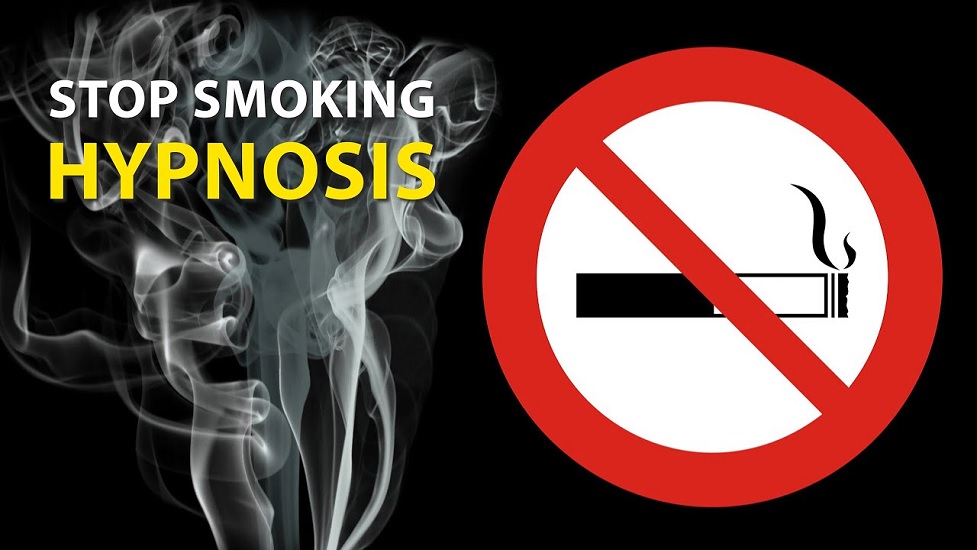
Quitting smoking can be a real challenge. But it’s among the finest things you can do for your health. Smoking is a dangerous, even deadly habit. It’s a leading cause of cancer. In addition, it increases your risk for heart attacks, strokes, lung disease, and other health issues, including bone fractures and cataracts.
If nicotine lozenges, patches, nicotine gum, counseling, and other smoking cessation methods haven’t helped you break the addiction, don’t surrender. Ask your doctor if hypnosis is a choice for you. Some studies show that hypnosis could help certain people quit smoking.
What Is Hypnosis?
Hypnosis is defined as an altered state of awareness in which you appear to be asleep or in a trance. Clinical hypnosis enable you to treat certain physical or psychological problems. For example, it is frequently used to help patients control pain. It is also used in a variety of other conditions such as weight issues, speech disorders, and craving problems.
There is debate about how exactly hypnosis works. Some individuals think that when you are hypnotized, you relax and concentrate more, and tend to be more willing to listen to suggestions — such as giving up smoking, for example.
Even though you appear to be in a trance during hypnosis, you aren’t unconscious. You are still aware of your surroundings, and — despite what many stage performers may claim during an entertaining show — you cannot be built to do anything against your will. In fact, brain tests performed on patients during hypnotism sessions show a high level of neurological activity. Visit this website to get more insight Hypnosis to stop smoking
Hypnosis for Smokers
During hypnosis for smoking cessation, an individual is often asked to imagine unpleasant outcomes from smoking. For instance, the hypnotherapist might claim that cigarette smoke smells like truck exhaust, or that smoking will leave the patient’s mouth feeling extremely parched
Spiegel’s method is one popular smoking cessation hypnosis technique that targets three main ideas:
- Smoking poisons the body
- You need your body to live
- You should respect your body and protect it (to the extent you’d like to live)
The hypnotherapist teaches the smoker self-hypnosis, and then asks those to repeat these affirmations anytime the desire to smoke occurs.
Does Hypnosis Work?
Hypnosis, in general, does not work for everybody. About one in four people are not able to be hypnotized. When successful, the intensity of hypnosis may differ from person to person.
How well hypnosis works to help people stop smoking depends upon who you ask. Study results have been mixed. This year 2010, a systematic review of published studies discovered that there wasn’t enough evidence to support the use of hypnosis. Another review shared in 2012 said that studies do support a possible take advantage of the use of hypnosis. In discussing alternative techniques for quitting smoking on its web site, the American Cancer Society says that while managed studies never have supported the potency of hypnosis, you can find anecdotal evidence that a lot of people have been helped.
Despite some sites and promotional materials that say otherwise, hypnosis is not an approved remedy by the American Medical Association (AMA). The business does not have an official position on the use of hypnosis. A posture statement regarding the use of the technique for medical and psychological purposes was rescinded by the AMA in 1987.
Researchers who have studied hypnosis say more, well-conducted studies are had a need to see whether hypnosis really helps smokers kick the habit for good, but add that hypnosis remains a hopeful approach and has a great many other benefits. However, the easiest way to quit may be to incorporate sever beforeal techniques. Patients often require several different strategies on the way.






